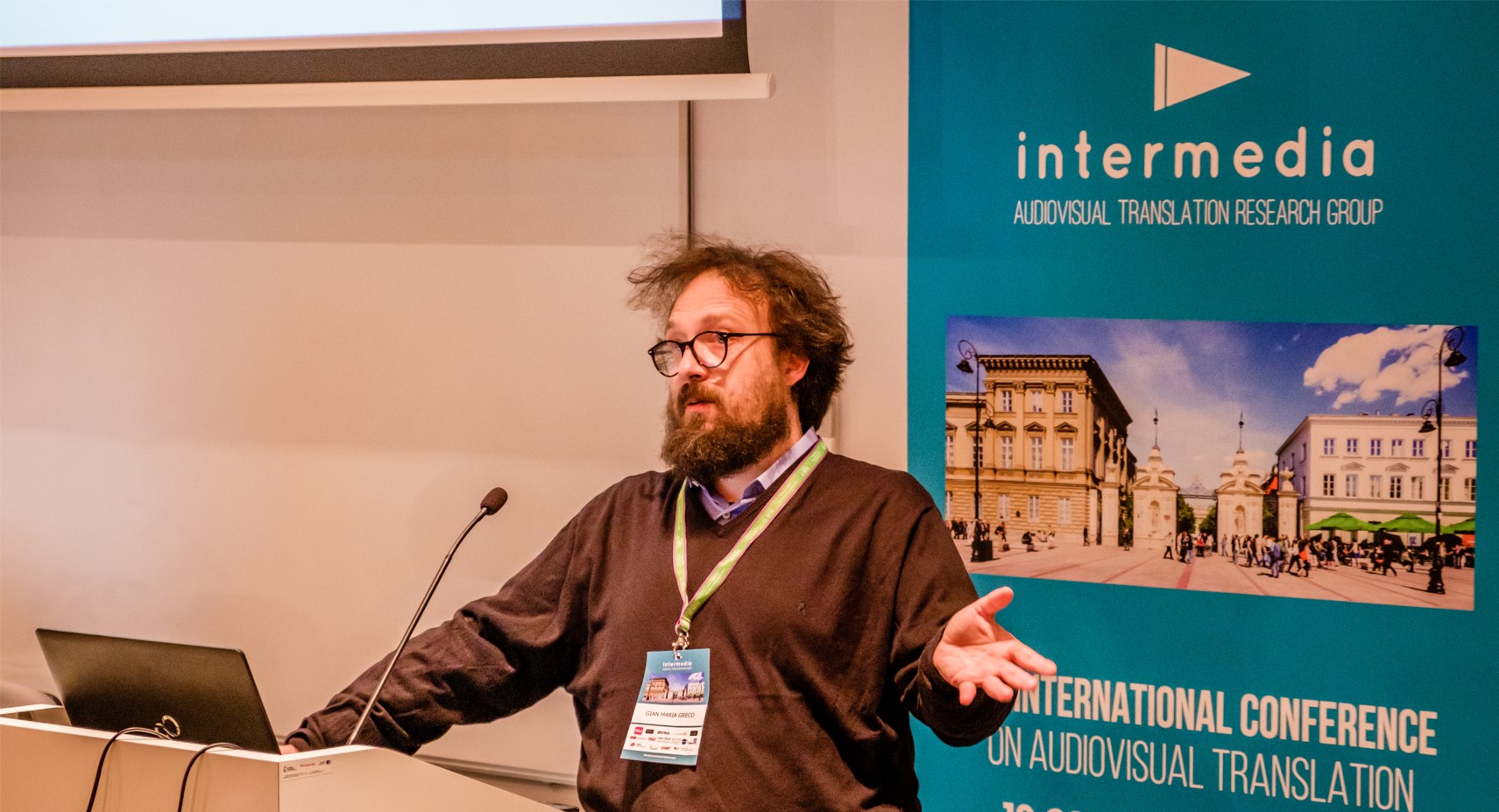Editorial - Leaving no one behind: The need for an inclusive EU Green Deal
Newsletter

In 1968, Hardin published an influential article in which he discusses a family of problems he labelled ‘the tragedy of the commons’ (TC). One of the cases analysed by Hardin is pollution, a TC based on a sort of reverse mechanism: “The rational man finds that his share of the cost of the wastes he discharges into the commons is less than the cost of purifying his wastes before releasing them” (p. 1245). The individual share of the costs of, say, reducing gas emissions, outweighs the gain (e.g. less polluted air), which is redistributed among all the other actors. Consequently, each agent would tend to act selfishly and eschew environmentally-friendly behaviour.
Since Hardin’s article, the TC has become a cornerstone and one of the major challenges in human ecology, environmental economics, and sustainability studies (Falk et al. 2020). Its influence has expanded into the most wide-ranging areas, including digital goods and research on how digital resources can be overexploited and digital environments polluted (Greco and Floridi 2004). The debate around the problem and its solutions has usually revolved around two groups: either the market or the government. Hardin’s controversial solutions fall within both groups, namely, privatisation and government regulation, jointly tied under the claim of ‘mutual coercion mutually agreed upon.’
In 2009, Elinor Ostrom was awarded the Nobel Prize for Economics “for her analysis of economic governance, especially the commons. [She] challenged the conventional wisdom by demonstrating how local property can be successfully managed by local commons without any regulation by central authorities or privatisation,” as the official prize motivation reads. Over decades of theoretical and field work, Ostrom and her colleagues revised the problem substantially, reframed the question in terms of common pool resources, showed that the dichotomy between the market and the government is too simplistic, and highlighted a third way: the community (Ostrom 2012). That very same year Ostrom released a background paper for the World Bank’s ‘World Development Report 2010: Development in a Changing Climate’ (Ostrom 2009). Against the “presumption that only [the global] scale is relevant” when dealing with global problems such as climate change, she made use of the work of Vincent Ostrom et al. (1961) on polycentrism and public governance and suggested a polycentric approach for dealing with climate change. In line with Hardin’s classical framing of the problem, traditional solutions to climate change have often revolved around free market self-regulatory mechanisms, market-based incentives to control environmental problems, and monocentric hierarchical regulations and policies. On the contrary, in Ostrom’s polycentric approach, climate change is a multiscale and multistakeholder problem that should be addressed through the concurrence of actions taking place at multiple scales and actively involve all the different actors. Actions range from fostering regulations at different scales to promoting technological innovation. But, congruent with her research vision, emphasis is also placed on individuals, communities and a radical change of mindset: “to solve climate change in the long run, the day-to-day activities of individuals, families, firms, communities, and governments at multiple levels […] will need to change substantially”.
The EU Green Deal is an unprecedented and much needed international effort to address the problem of climate change. Its ambitious plan echoes Ostrom’s polycentric approach. Just consider the promotion of its implementation trough Local Green Deals. Nonetheless, there are limitations as well as avenues for improvement, and this is where a diverse community like the Marie Curie Alumni Association (MCAA) can make a significant contribution. Looking at the main text of the EU Green Deal and the related documents, it is patent how much faith is placed in regulations, science, and technology. All elements present in Ostrom’s approach. However, other elements are underestimated, in particular, the role of communities and the importance of changing one’s mindset. A quick reference to two cases may be of help in highlighting this point: firstly, culture and secondly, the inclusion of persons with disabilities.

The text of the EU Green Deal document reads: “the Horizon Europe programme will also involve local communities in working towards a more sustainable future, in initiatives that seek to combine societal pull and technology push.” Central and local regulations, scientific discoveries and technological innovation are all strategic elements, but in order to reach the societal pull the document speaks about we need to make use of the entire toolbox of human knowledge. This means being clear on the crucial role that social sciences and humanities can have in the process.
Archaeology, history, psychology, political science, and the arts – just to name a few areas – are fundamental instruments with which to investigate successes and failures, to redesign society, and to develop a sense of shared ownership of the environment and thus a sense of responsibility and accountability. As highlighted in a position paper entitled ‘Culture’s contribution to the European Green Deal’ published by Culture Action Europe, culture is not only a major economic sector that will be invested by the regulatory changes brought about by the EU Green Deal, but it is also a venue for the analysis and promotion of environmentally-friendly thinking and sensibilities. Eurostat figures place cultural and creative industries “among the continent's most dynamic sectors [employing] 8.7 million people in the EU.” The relevance of the cultural and creative sectors is but one example of the many facets where the humanities and social sciences are essential for the success of the EU Green Deal.
In line with the very spirit of the project of a European community, one of the guiding principles of the EU Green Deal is ‘to leave no one behind.’ Once more, a look at the official documents shows how this principle in mainly interpreted in terms of attention to European economies that are centred on fossil fuels, which will be supported through specific procedures like the Just Transition Mechanism. However, a 2020 position paper published by the European Disability Forum highlights that ‘leaving no one behind’ should also refer to the 100 million European citizens with disabilities. The document calls for attention to be paid to the ways in which the EU Green Deal will impact their lives, from accessibility of the built environment to inclusive sustainable mobility, from inclusive planning to participatory processes in the implementation of the programme(s).
The ones above are a few aspects where the EU Green Deal can be improved. They also exemplify cases where the MCAA – both as a community and as an organisation – can provide a strategic input for the common good. The richness of voices, cultures and expertise of the MCAA make it an ideal candidate to serve as an interlocutor that could fruitfully contribute to the process. This means calling upon and involving all of its members, including those from the social sciences and the humanities, as well as joining in efforts with organisations like Culture Action Europe and the European Disability Forum.
Gian Maria Greco
MCAA Newsletter Editor-in-Chief
gianmaria.greco@poiesis.it
References
Falk, T., Vollan, B., & Kirk, M. (2020). ‘Tragedy of the commons’. In J.-F. Morin & A. Orsini (Eds.), Essential concepts of global environmental governance (2nd ed., pp. 262–264). London, UK: Routledge.
Greco, G. M., & Floridi, L. (2004). ‘The tragedy of the digital commons’. Ethics and Information Technology, 6(2), 73–81.
Hardin, G. (1968). ‘The Tragedy of the commons’. Science, 162(3859), 1243–1248.
Ostrom, E. (2009). A polycentric approach for coping with climate change. World Bank Policy Research Working Paper n. 5095.
Ostrom, E. (2012). Governing the commons: The evolution of institutions for collective action. Cambridge, UK: Cambridge University Press.
Ostrom, V., Tiebout, C. M., & Warren, R. (1961). ‘The organization of government in metropolitan areas: A theoretical inquiry’. American Political Science Review, 55(4), 831–842.